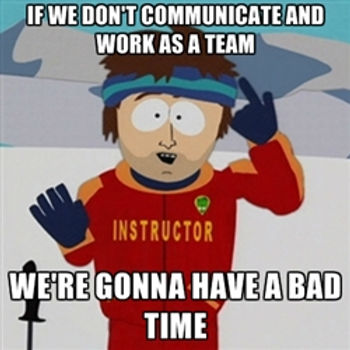
What is Performance Therapy?
Is it the same things that you have experienced in the past with traditional physical therapy? Not exactly.
Performance Therapy is not about trying to affect small, insignificant details in movement “dysfunctions”, but rather, more about improving meaningful things that affect how the athlete feels and performs during their sport.
Performance Therapy can also be regarded as an ongoing collaborative process involving the athlete, coach, and therapist. As a physical therapist, I learn the most through feedback from both the athlete and the coach. Feedback is essential in order to know what makes the athlete feel and/or perform better. It’s important that the athlete is an active part of therapy and that their concerns are worked into the intervention.
Feedback from the coach – both performance and sporting coaches – is also crucial. All of us may be able to watch the living movement screen that we call practice or training, but I rely on the coach’s keen eyes to let me know if we achieved the desired change. With a common understanding of required sporting components, communication becomes consistent and each member’s input is complementary to the desired goal.
Therefore clear communication, teamwork and keeping our egos in check are critical for both optimal outcomes and growth within each individual and the team as a whole.
This type of cooperation is even more critical following an injury. With this feedback loop in place we can improve the ability to blend “therapy” and performance” in a process called reconditioning rather than making them separate and distinct stages.
As we all know, athletic development is never truly complete. As long as we strive to improve our performance, we have to stay healthy and optimize function to achieve, and hopefully, surpass, what we thought was possible. In order to fully optimize function, we must rethink our training process. Coaches meticulously plan each session and athletes attempt to execute the motor tasks and cues, but sometimes pain, restriction, motor control, and more impede the athlete’s ability to execute. Short therapeutic interventions by a Performance Therapist can bridge this gap by addressing the limiting factor(s) to technical proficiency, mechanical efficiency and tissue resiliency leading to a reduction in injuries, increased number of healthy training days, and optimized function.
-1.png?width=129&height=50&name=Untitled%20design%20(24)-1.png)

Leave Your Comment
Many desktop publish packages web page editors now use model text
search for sites their infancy.